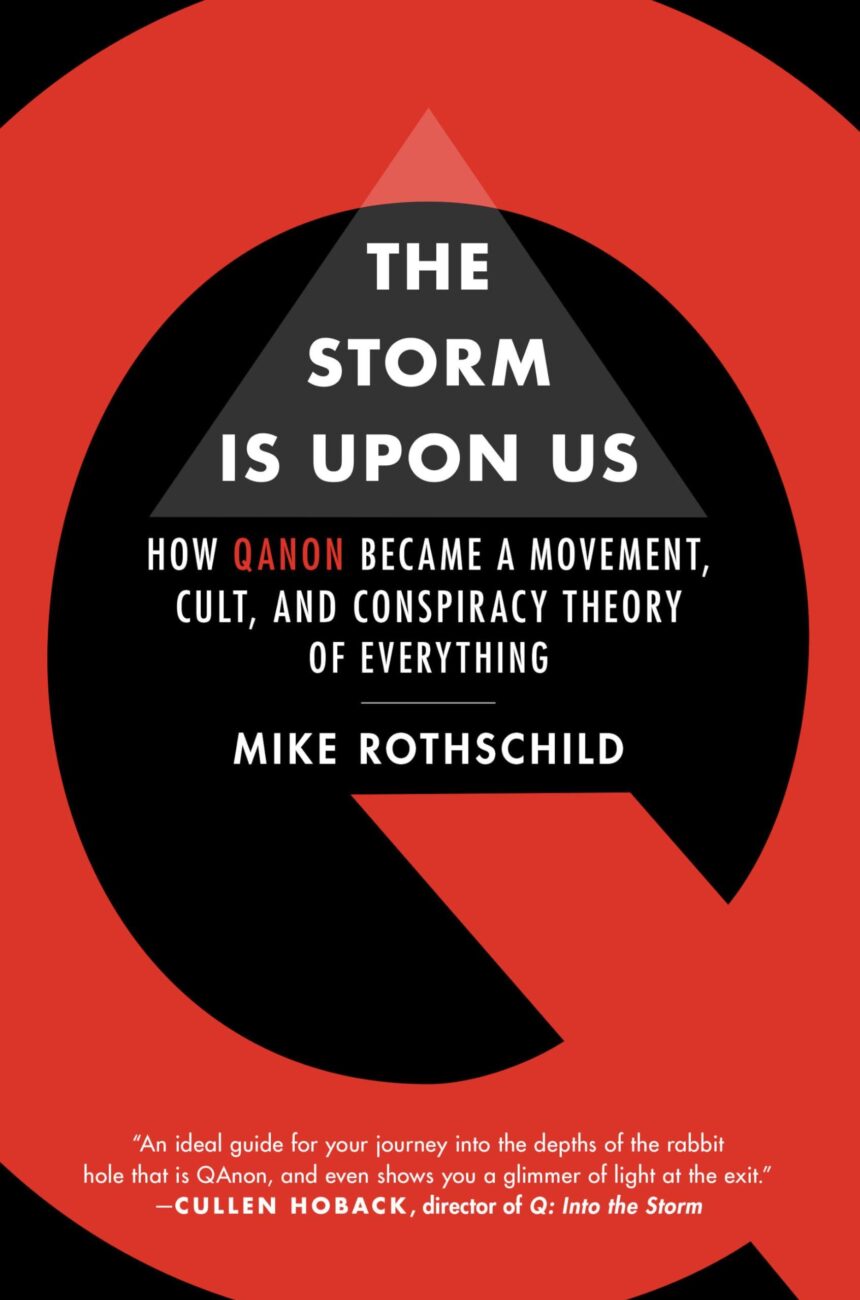The Emergence of QAnon in Mainstream Politics: The Significance of the Epstein Files’ Silence
In recent times, the QAnon movement has evolved from its obscure beginnings on the internet to exert a notable influence on mainstream political dialogue, reshaping American political conversations. Initially dismissed as fringe conspiracy theories, QAnon’s reach has infiltrated the language of politicians, community initiatives, and activist movements. This shift raises pressing concerns about its effects on democracy and civil society. As this phenomenon gains momentum, an alarming connection emerges: the murky handling of high-profile investigations, particularly regarding Jeffrey Epstein. The lack of clarity surrounding Epstein’s files prompts essential inquiries into accountability and transparency while blurring the lines between conspiracy theories and reality. This article delves into how QAnon has become entrenched in political arenas and why the ongoing obscurity surrounding Epstein’s associations poses a threat to public trust in our institutions.
The Evolution of QAnon: From Obscurity to Political Relevance
Originating as a niche conspiracy theory within online communities, the QAnon movement has gradually permeated mainstream politics, impacting various segments of American society. Several factors have contributed to this transformation:
- Social Media Proliferation: Platforms have become vital for spreading conspiratorial narratives.
- Community-Driven Narratives: These resonate with feelings of disenfranchisement among supporters.
- Civic Engagement at Rallies: Political events serve as venues for promoting distrust towards established institutions.
This evolution not only signifies a shift in political discourse but also raises critical questions about its implications for democratic integrity.
The silence surrounding Epstein’s files further fuels beliefs among those who subscribe to QAnon’s ideology. Many adherents interpret this lack of transparency regarding prominent figures implicated in Epstein’s activities as validation for their theories about corruption within elite circles. This intersection is particularly noteworthy; it illustrates how conspiracy theories can gain traction when legitimate inquiries leave significant questions unanswered. A recent poll reveals that a substantial portion of Americans suspect an active cover-up concerning information related to Epstein—indicating that these sentiments extend beyond fringe groups into broader societal consciousness.
| Catalysts Behind QAnon’s Growth | Affects on Political Landscape |
|---|---|
| Diverse Social Media Channels | Evolving Political Dialogue |
| Narratives from Community Engagements | Skepticism Towards Institutions |
Examining the Epstein Files: Concerns About Accountability and Transparency
The documents associated with Jeffrey Epstein represent both opportunities and challenges concerning accountability and transparency within powerful networks. As new revelations emerge about his connections with influential individuals, they raise profound questions regarding systems that have historically operated under secrecy. By potentially exposing complicity among high-profile figures, these files could illuminate how elite networks perpetuate evasion from scrutiny.
Main implications include:
- A Growing Demand for Accountability: Citizens are increasingly vocalizing their desire for responsibility from prominent individuals linked to misconduct.
- Pursuit of Legal Action Against Influential Figures: Potential legal repercussions could catalyze broader reforms across elite sectors.
- Ineffectiveness Revealed Within Institutions: strong>The documents may uncover systemic failures in oversight mechanisms prompting urgent calls for reform efforts. li >
The prevailing silence around these files speaks volumes about today’s political climate—especially concerning movements like QAnon that thrive amid mistrust and speculation.
This absence allows conspiracy narratives to flourish unchecked while diverting attention away from legitimate investigations—a troubling trend where sensationalism overshadows factual analysis.
A comparative review highlights this alarming dynamic:< / p >
| Type Of Report th > | Focus Area th > | Effect On Public Perception th > < / tr > < /thead > |
|---|
| Action Step th > | Description th /> / tr /> |
|---|---|
| / t d /> | |









